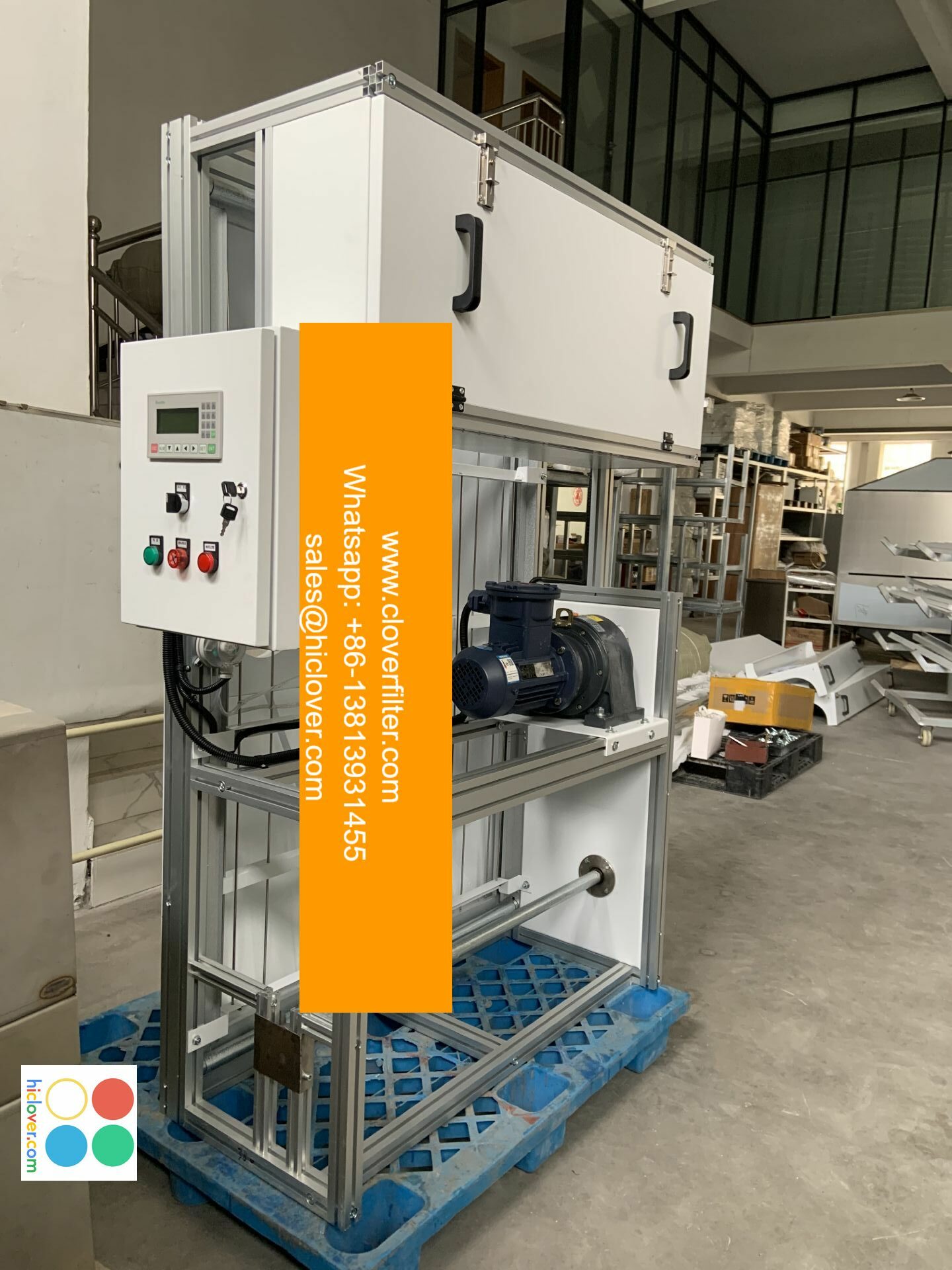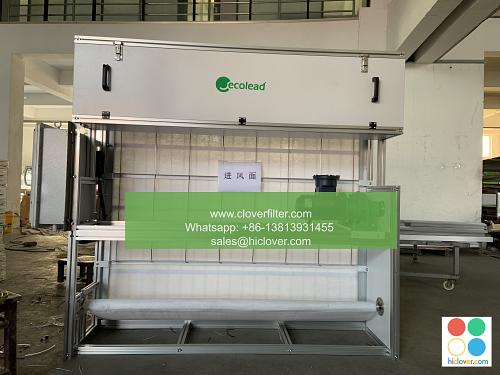The Role of Air Filters in Mitigating the Effects of Air Pollution on Human Health

Air pollution is a significant environmental and health concern worldwide, affecting millions of people every year. The air quality in many urban areas is degraded due to the presence of pollutants like particulate matter (PM), nitrogen dioxide (NO2), ozone (O3), and volatile organic compounds (VOCs). Prolonged exposure to poor indoor air quality and outdoor air pollution can lead to various respiratory diseases, cardiovascular problems, and even cancer. In this article, we will discuss the crucial role of air filters in mitigating the effects of air pollution on human health, highlighting their application areas and benefits.
How Air Filters Work
Air filters are designed to capture pollutants and particles from the air, improving the overall air quality. They work by using various filtration technologies, such as mechanical filtration, electrostatic filtration, or activated carbon filtration. These technologies help remove pollutants like PM2.5, PM10, NO2, O3, and VOCs from the air, making it safer to breathe. Air filters can be used in various application areas, including indoor air purification systems, ventilation systems, and personal air purifiers.
Health Benefits of Air Filters
The use of air filters can have numerous health benefits, particularly for people suffering from respiratory diseases like asthma, chronic obstructive pulmonary disease (COPD), and other cardiovascular conditions. By removing pollutants from the air, air filters can help reduce the risk of:
* Respiratory problems: Air filters can capture pollutants that can irritate the lungs and airways, reducing the risk of respiratory problems.
* : Long-term exposure to poor air quality can increase the risk of cardiovascular diseases. Air filters can help mitigate this risk by removing pollutants that can damage the cardiovascular system.
* Cancer: Some air pollutants, like particulate matter and VOCs, are known to be carcinogenic. Air filters can help remove these pollutants, reducing the risk of cancer.
Application Areas of Air Filters
Air filters have various application areas, including:
* Indoor air purification systems: These systems can be installed in homes, offices, and other buildings to remove pollutants from the indoor air.
* Ventilation systems: Air filters can be integrated into ventilation systems to capture pollutants and improve indoor air quality.
* Personal air purifiers: These are portable devices that can be used to remove pollutants from the air in small spaces, like cars or personal rooms.
* Industrial air filtration systems: These systems are designed to remove pollutants from the air in industrial settings, like factories and manufacturing facilities.
Conclusion
In conclusion, air filters play a vital role in mitigating the effects of air pollution on human health. By removing pollutants from the air, air filters can help reduce the risk of respiratory diseases, cardiovascular diseases, and cancer. With various application areas, including indoor air purification systems, ventilation systems, and personal air purifiers, air filters are an essential tool in the fight against air pollution. As the world continues to urbanize and air quality becomes an increasingly important issue, the use of air filters will become even more crucial in protecting human health. You haven’t provided a prompt or question for me to respond to. What would you like to talk about or ask? I’ll do my best to provide a helpful and direct answer.

